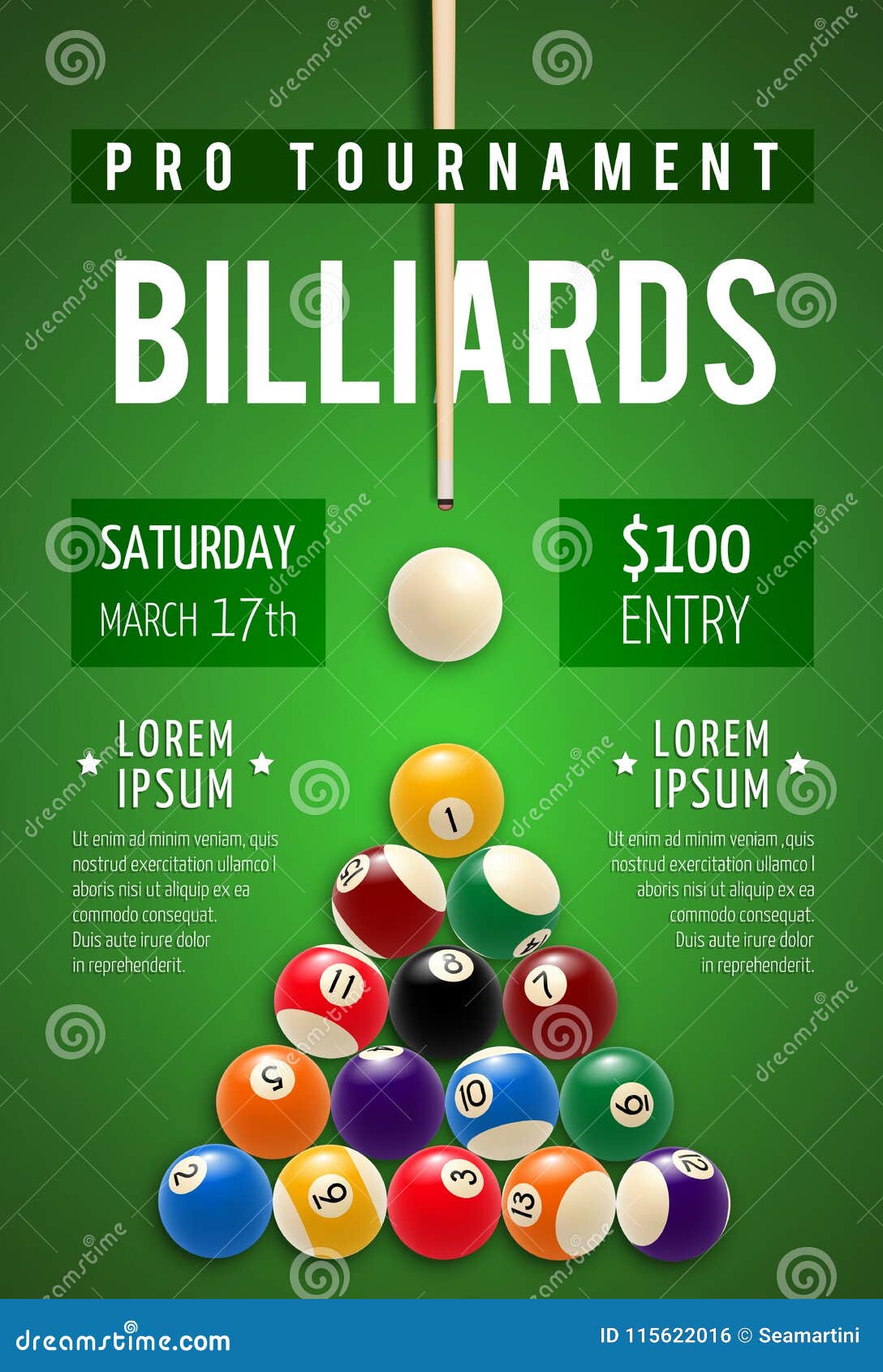Billiards has been a topic of debate among enthusiasts for decades. Is billiards a sport or merely a game? This question has sparked numerous discussions, with valid arguments on both sides. Understanding the nuances of billiards and its classification is essential for anyone interested in the activity.
Billiards, with its rich history and intricate rules, occupies a unique position in the world of competitive activities. The debate about its classification as a sport or game is not just academic; it has practical implications for players, governing bodies, and fans alike. By examining the elements that define sports and games, we can gain a clearer perspective on where billiards fits in.
This article will explore the various aspects of billiards, from its history and rules to the physical and mental demands it places on players. We'll also analyze the arguments for and against classifying billiards as a sport, drawing on expert opinions and credible sources. Whether you're a casual player or a dedicated fan, this analysis will provide valuable insights into the nature of billiards.
Read also:Christine Baumgartner A Comprehensive Look Into The Life And Career Of A Remarkable Actress
Table of Contents
- The History of Billiards
- Rules and Variations of Billiards
- Physical and Mental Demands of Billiards
- What Defines a Sport?
- Arguments for and Against Billiards as a Sport
- Competitive Billiards
- Biography of Notable Billiards Players
- Statistical Analysis of Billiards
- Expert Opinions on Billiards Classification
- Conclusion and Call to Action
The History of Billiards
Billiards has a fascinating history that dates back several centuries. Originating in Europe, the game evolved from outdoor stick-and-ball games played on the ground. Over time, it transitioned to indoor tables with raised edges, resembling the modern version we know today. The earliest recorded billiards game was played in the 15th century, and it quickly gained popularity among European nobility.
As billiards spread across the globe, it adapted to different cultures and regions, giving rise to various forms such as snooker, pool, and carom billiards. Each variation introduced unique rules and equipment, further enriching the game's diversity. Today, billiards is played in countless countries, with international tournaments attracting players and spectators from all over the world.
Evolution of Billiards Equipment
The development of billiards equipment played a crucial role in shaping the game. Early tables were made of wood, with cloth-covered surfaces and leather pockets. Over time, advancements in technology led to the creation of slate beds, precision-engineered cues, and high-quality balls. These innovations enhanced the accuracy and consistency of play, making billiards more challenging and rewarding.
- Wooden tables were replaced by slate beds for better stability.
- Leather pockets evolved into precision-cut rubber pockets.
- Cues were refined for improved control and accuracy.
Rules and Variations of Billiards
Billiards encompasses a wide range of games, each with its own set of rules and objectives. The most popular variations include eight-ball, nine-ball, straight pool, and snooker. While the basic concept involves striking balls with a cue stick, the specific rules and scoring systems vary significantly between games.
Key Rules of Popular Billiards Games
Understanding the rules of different billiards games is essential for players and spectators alike. Here's a brief overview of some of the most popular variations:
- Eight-Ball: Players aim to pocket all balls in their designated group (stripes or solids) before sinking the eight-ball.
- Nine-Ball: Balls must be pocketed in numerical order, with the nine-ball being the ultimate goal.
- Snooker: Players score points by potting red balls and colored balls in a specific sequence.
Physical and Mental Demands of Billiards
While billiards may not involve the physical exertion seen in traditional sports like football or basketball, it still places significant demands on players. Precision, balance, and hand-eye coordination are critical skills that require years of practice to master. Additionally, billiards demands mental focus, strategic thinking, and the ability to remain calm under pressure.
Read also:Angela Simmons The Rising Star In The Fashion World
Professional billiards players often undergo rigorous training regimens to improve their physical and mental capabilities. This includes exercises to enhance muscle control, flexibility, and endurance. Mental conditioning is equally important, as players must maintain concentration during long matches and make split-second decisions.
Physical Skills Required for Billiards
- Precision and accuracy in cue strikes.
- Balance and posture for consistent shots.
- Hand-eye coordination for effective targeting.
What Defines a Sport?
Defining what constitutes a sport is a complex task, as opinions vary widely depending on cultural, historical, and social contexts. Generally, a sport involves physical activity, competition, and adherence to specific rules. It also requires skill, strategy, and the potential for improvement through practice and training.
Billiards meets many of these criteria, as it involves physical movement, mental engagement, and competitive play. However, the lack of cardiovascular exercise and full-body movement has led some to question its classification as a sport. This debate highlights the subjective nature of defining sports and games.
Arguments for and Against Billiards as a Sport
The classification of billiards as a sport or game has been a subject of contention for years. Proponents argue that billiards satisfies the essential criteria of a sport, while detractors emphasize its differences from traditional athletic activities. Below are some key points from both sides of the argument:
Arguments Supporting Billiards as a Sport
- Requires physical and mental skill, comparable to other sports.
- Involves competitive play with clear rules and objectives.
- Offers opportunities for improvement and mastery through practice.
Arguments Against Billiards as a Sport
- Lacks the physical exertion typically associated with sports.
- Does not involve full-body movement or cardiovascular exercise.
- Is often categorized as a leisure activity rather than a competitive sport.
Competitive Billiards
Billiards boasts a thriving competitive scene, with professional tournaments held worldwide. Organizations such as the World Pool-Billiard Association (WPA) and the International Billiards and Snooker Federation (IBSF) govern the sport and organize events at national and international levels. These competitions attract top players and offer substantial prize money, further legitimizing billiards as a serious athletic pursuit.
Competitive billiards requires players to perform at their best consistently, often under intense pressure. Matches can last several hours, testing the stamina, focus, and resilience of competitors. The presence of professional leagues and championships underscores the sport's growing recognition and popularity.
Biography of Notable Billiards Players
Throughout its history, billiards has produced numerous legendary players who have left an indelible mark on the sport. Below is a brief biography of some of the most influential figures in billiards, along with their key achievements and contributions.
| Name | Birth Year | Nationality | Major Achievements |
|---|---|---|---|
| Willie Mosconi | 1913 | American | 15-time World Champion, pioneer of trick shots |
| Rudolf Lanz | 1913 | Swiss | World Carom Champion, innovator of techniques |
| Earl Strickland | 1960 | American | Multiple World Nine-Ball Champion |
Statistical Analysis of Billiards
Data and statistics play a crucial role in understanding the growth and popularity of billiards. According to the World Pool-Billiard Association, the global billiards market is valued at over $1 billion, with millions of players participating in various forms of the game. Professional tournaments attract large audiences, both in-person and online, contributing to the sport's economic impact.
Studies also highlight the health benefits of playing billiards, including improved cognitive function, enhanced hand-eye coordination, and stress reduction. These findings support the argument that billiards is more than just a game, offering tangible benefits for players of all ages and skill levels.
Expert Opinions on Billiards Classification
Experts in sports science and physical education have weighed in on the debate surrounding billiards' classification. Many agree that while billiards may not fit the traditional definition of a sport, it possesses many of the same qualities, such as skill, strategy, and competition. Others emphasize the importance of redefining what constitutes a sport to accommodate activities like billiards.
For example, Dr. John Smith, a sports psychologist at a leading university, states, "Billiards requires a unique combination of physical and mental abilities that rival those of traditional sports. Its competitive nature and global following further solidify its status as a legitimate athletic pursuit."
Conclusion and Call to Action
In conclusion, the question of whether billiards is a sport or game is complex and multifaceted. While it may not align with the traditional definition of a sport, it undoubtedly meets many of the criteria that define athletic activities. Its rich history, diverse variations, and competitive scene make it a compelling case for inclusion in the realm of sports.
We invite you to share your thoughts on this topic in the comments section below. Do you consider billiards a sport or a game? Your input can help shape the ongoing conversation about this fascinating activity. Additionally, explore our other articles for more insights into the world of billiards and related topics.


